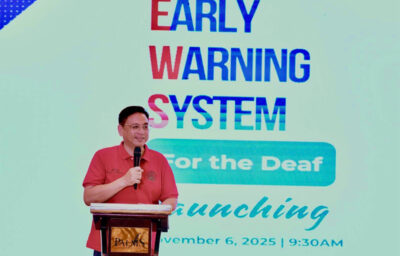
The World Food Programme (WFP) receives a contribution of US$ 2 million from the Government of Japan to support 42,000 drought-affected people in Zambia to meet their essential food security and nutrition needs.
With this contribution, WFP will procure essential food supplies, including maize and split peas, for distribution, over a period of six months, to vulnerable households in Gwembe, Siavonga and Sinazongwe districts of Southern province. The response will complement the Government of Zambia’s relief efforts as part of the United Nations drought response.
“We are grateful for the Japanese Government’s commitment to supporting humanitarian efforts in Zambia,” said Cissy Byenkya Kabasuuga, Country Director at WFP Zambia. “This contribution will make a significant impact on the lives of those facing food insecurity due to the effects of the drought.”
The humanitarian drought response targets the most vulnerable populations which include female-headed households, people living with HIV and AIDS, orphans, people with disabilities, pregnant and breast-feeding women.
“Japan is committed to supporting Zambia in its efforts to combat food insecurity and build resilience against climate-related shocks,” commented His Excellency Mr Kazuyuki Takeuchi, the Japanese Ambassador to Zambia. “We stand in solidarity with the Zambian people and hope that this assistance will provide much-needed relief to those affected by the drought.”
In addition to providing food assistance, WFP will work closely with partner non-governmental organisations to ensure effective implementation and monitoring of the distribution process. Field monitors will conduct regular visits to monitor the provision of food assistance and collect data on the impact of the response on food security outcomes.
Zambia is currently grappling with the impacts of an El Niño-induced drought that has severely affected agriculture, water resources, and the overall economic stability of the country. With a population of 19.6 million, Zambia faces significant challenges, including high poverty rates, chronic malnutrition, and socio-economic inequalities exacerbated by climate-related shocks.








